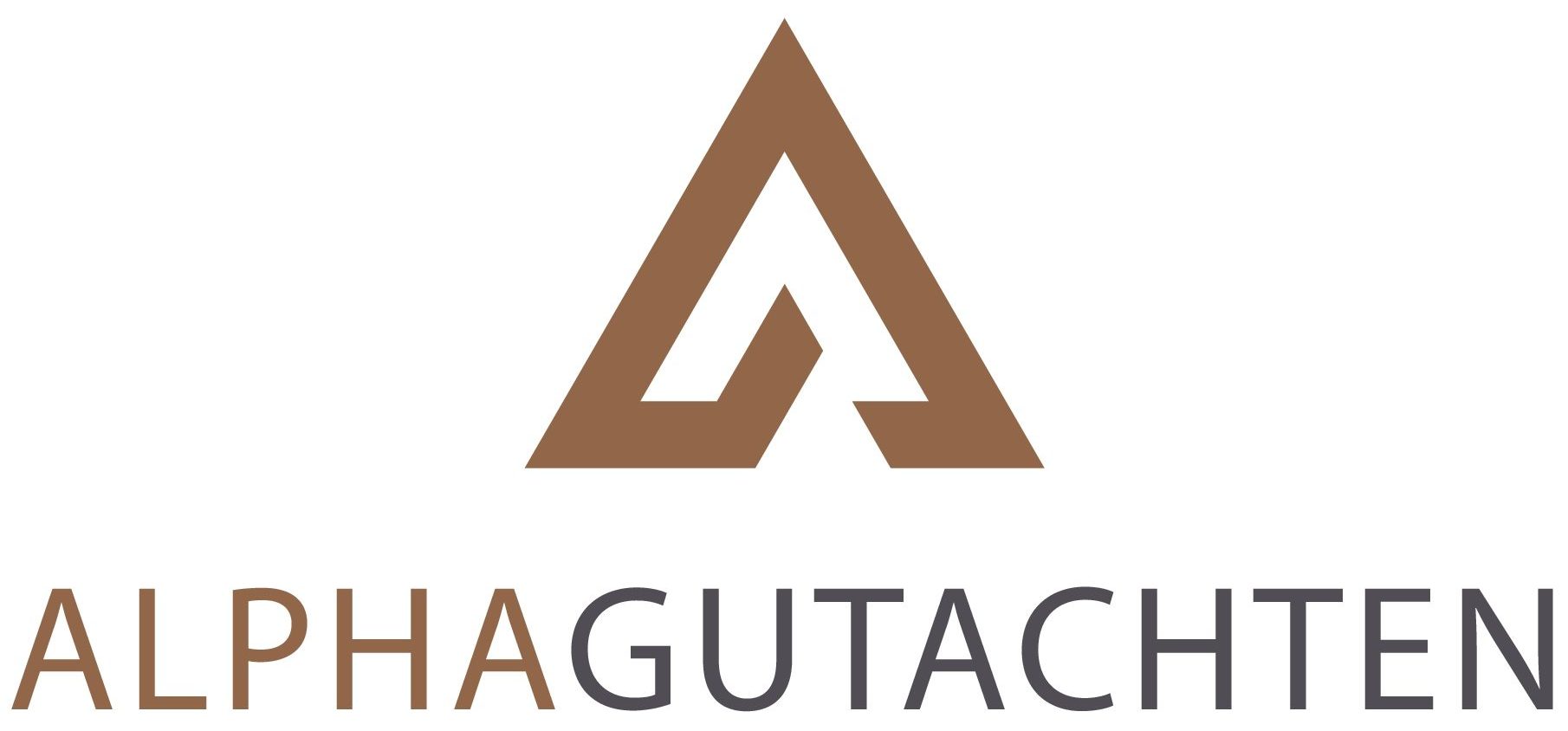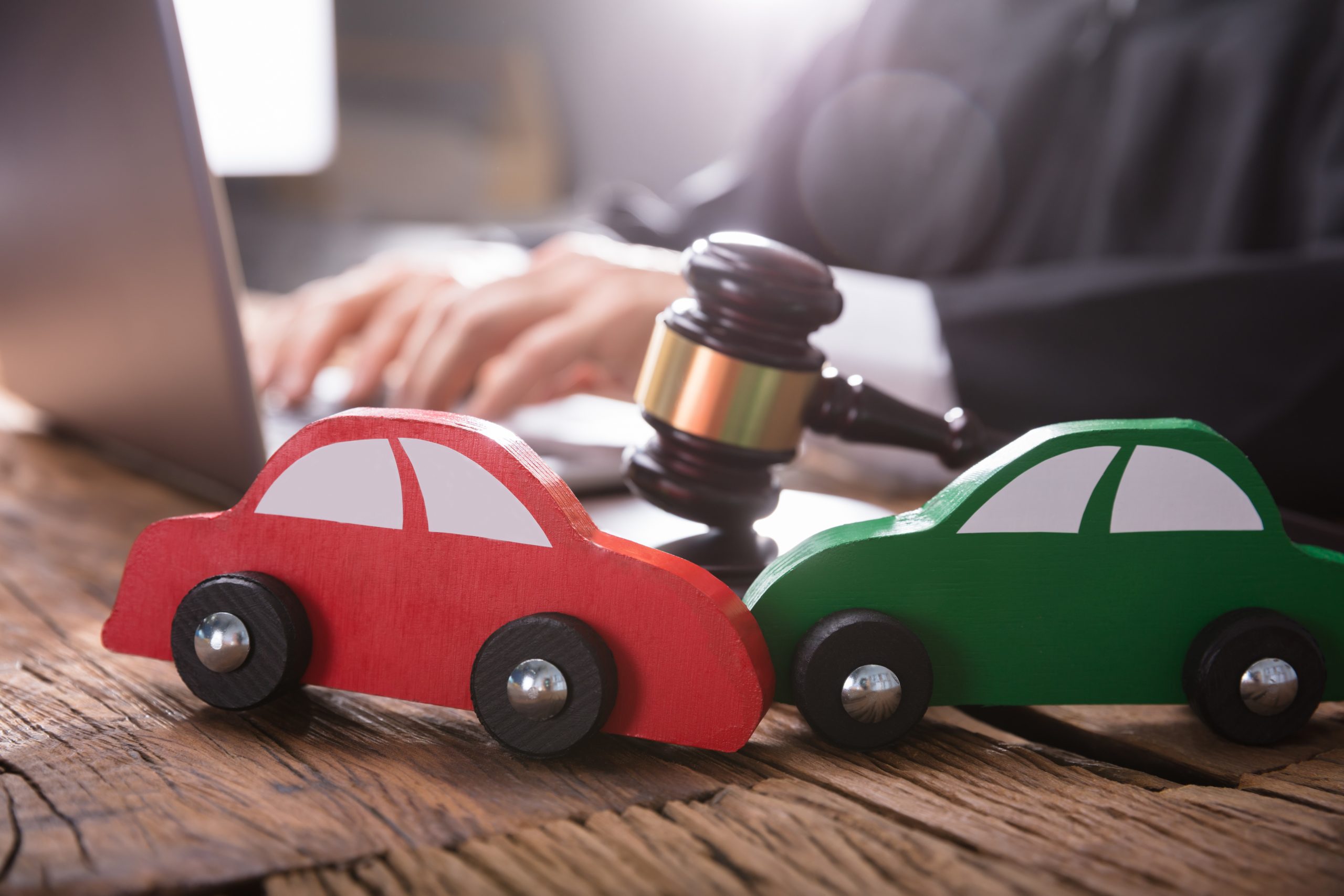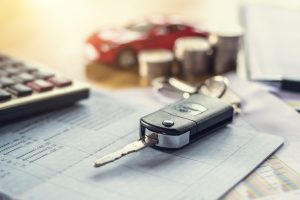The 6 „biggest“ mistakes in handling claims
The experience of our daily work as motor vehicle experts shows that some of you decide on a course of action in the event of an accident that is not your fault, which could develop to your disadvantage. For this reason we would like to sensitize you with the following points for dealing with claims processing.
1. Hire an expert from the opposing insurance company
In the event of an accident through no fault of one's own, the insurance of the person who caused the accident bears the costs of the damage and the costs of the appraiser. The appraiser of the opposing insurance company works together with the insurance company, which, as already mentioned, has to bear the costs of the damage. Accordingly, he will try to keep the damage costs as low as possible in favor of the insurance. So you should always hire a free and independent expert to assess the accident damage! Later it becomes very difficult to call in a lawyer and to help you with a counter-opinion to your rights!
2. Waiver of a lawyer in the settlement of claims
The opposing insurance company is a corporation and, like any other company, is primarily interested in saving costs or making profits. The fee for a lawyer is also borne by the opposing insurance company in the event of an accident that is not your fault. If no lawyer is involved in the settlement of the claim or has not been authorized by you, this is great food for the insurance company to be able to make cuts without much resistance. If this is the case, the motor vehicle expert will make a statement. However, the insurance companies often try to enforce their reductions in this way on the grounds that no statements were requested. Engaging a lawyer afterwards and enforcing your rights is also very difficult in this case, especially since the lawyer is paid according to the amount in dispute.
3. Only submit a costs estimate to the insurance
The injured party, who only submits a cost estimate, waives the evidence-securing function of the expert opinion and usually also waives the depreciation that is usually incurred as a result of the accident. In addition, the injured party has the right to have an appraisal drawn up in the event of damage of more than € 750 net. Often it is not immediately apparent to the injured party how much the damage is. The appraisal drawn contains data on the replacement value, the residual value, the duration of the repair, the loss of use and an assessment of the operational and road safety.
4. Let opposing insurance notice your own insecurity
If there has been a collision with another vehicle and the police have appeared on site to record the accident, the police will issue you with an accident report on which the person who caused the accident (01) and the injured party (02) are entered. The person who caused the accident pays a warning fee on site (except in the case of fines) and thus admits that he is guilty of the accident. If the question of guilt is not clear on site, no warning fee will be charged and the police will report the unclear legal situation. So if you are the injured party (02) in an accident, you have the right to commission an expert of your choice to handle the claims and should enforce your rights without any self-doubt. You do not have to wait for the opposing insurance company to accept the costs, discuss the procedure for handling the damage with them or, as described under point 1, have an expert watch over your eyes! If the legal situation is unclear, you should definitely refrain from talking to the opposing insurance company and authorize a lawyer. If the insurance company notices your self-doubts, you will quickly receive a note of partial guilt!
5. Assign the appraiser through the repair shop
For many of you, the first route after an accident is to go to the repair shop to have the damage assessed and/or repaired. From there you will usually be referred to an appraiser who, however, primarily works for the workshop. For example, if the workshop earns more from a door repair than from a door replacement, the appraiser will calculate this in his report and you will only receive a repair instead of a necessary replacement! Most people don't even notice this fact. In this case, you should always commission a free and independent expert to prepare the damage report. This is your right, even if you take the car to the repair shop after an accident and want to have it repaired there.
6. Lease Vehicle
In the event of an accident involving a leased vehicle through no fault of your own, you must inform the lessor and thus the owner of the vehicle. The further procedure depends on the respective leasing contract. As a rule, lessors only take care of total losses and let the lessee or owner of the vehicle handle all other damages. This also includes the choice of appraiser and repair shop. It should be noted here that the resulting Depreciation due to the lessor.




